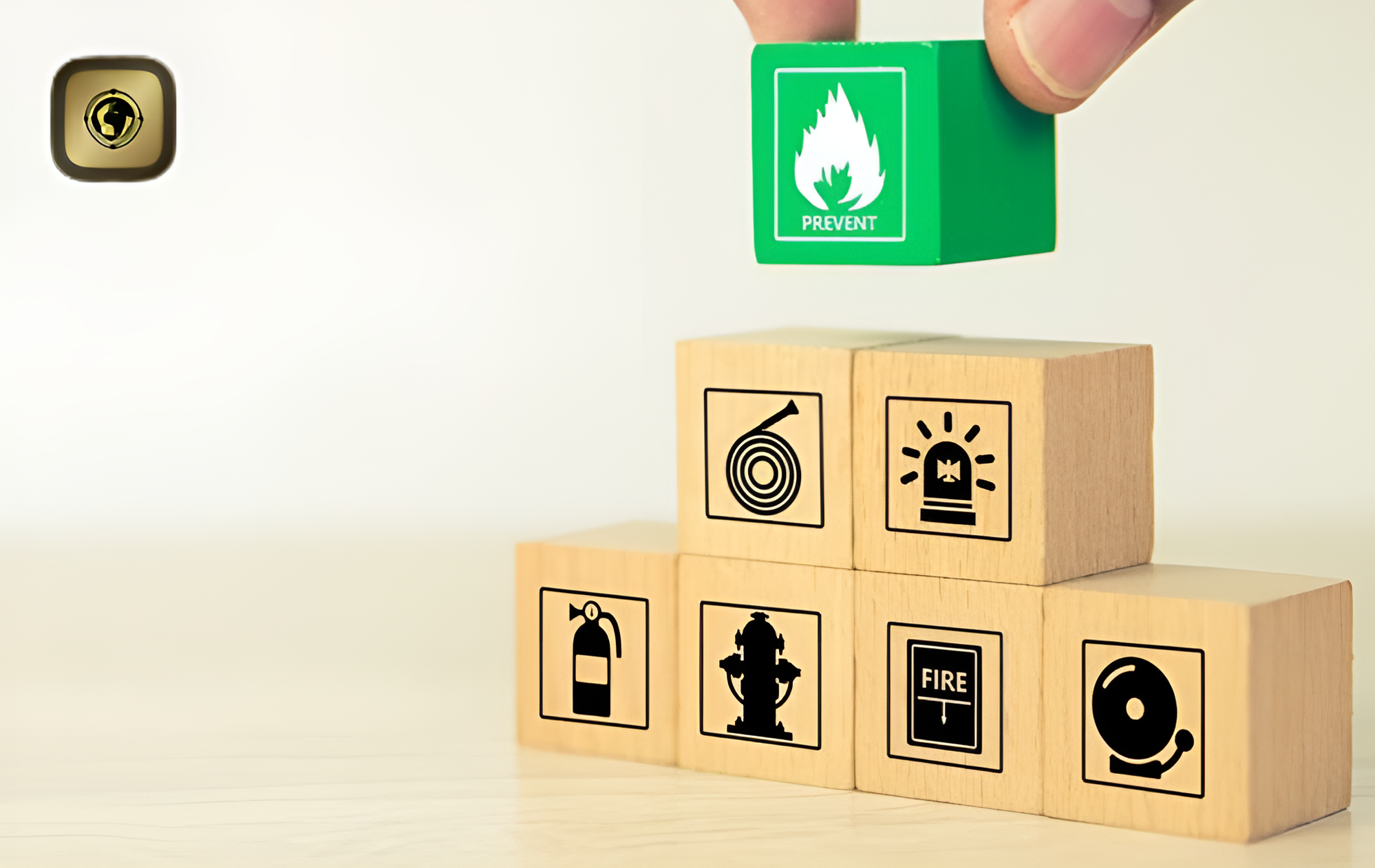March 31, 2025
- Ensuring the security of a residence against the danger of fire becomes a crucial obligation for every homeowner. While the idea of a fire occurring is distressing, taking proactive steps can assist in reducing risks. This guide provides vital fire prevention strategies that all homeowners should be aware of. We will also examine the significance of having sufficient property insurance as a safeguard during unexpected events. Implementing these strategies will protect your property and the lives of those you care about.
Install Smoke Alarms
- Smoke alarms serve as the initial line of defence against household fires. These devices sense smoke early, granting you and your family essential time to evacuate safely. Place smoke alarms in every bedroom, near sleeping areas, and on every floor of your home, including the basement.
- Consistently test the alarms to confirm they operate properly and change batteries at least once a year. Furthermore, think about investing in interconnected smoke alarms so that when one alarm detects smoke, all alarms in the house will activate, ensuring comprehensive coverage.
Create a Fire Escape Plan
- Gather your family and outline escape routes from every room in the house for fire safety. Pinpoint primary and secondary exits, such as doors and windows, and make sure they stay accessible. Rehearse the escape plan frequently with all family members, including children, to make everyone familiar with the routes and procedures.
- Establish a meeting point outside the home where all members can assemble after fleeing. A well-practiced fire escape plan can save crucial seconds during an emergency and may make a significant difference between life and death.
Kitchen Safety Practices
- Kitchens often experience fires that start from cooking activities. Always supervise cooking to lessen the chance of kitchen fires, particularly when using the stovetop. Keep flammable items such as dish towels, oven mitts, and paper towels away from heat sources.
- Keep a fire extinguisher accessible and learn how to use it properly. In the event of a grease fire, extinguish the flames with a fire extinguisher—never try to put it out using water, as this could cause the fire to spread.
Heating Safety
Appropriate precautions must be taken when utilizing heating devices, especially during cooler months. Maintain portable heaters at least three feet away from combustible items, such as furniture, curtains, and bedding. Never leave heaters unattended; switch them off before leaving the house or going to sleep.
If you have a fireplace or wood stove, make sure it is regularly maintained and inspected once a year by a certified chimney sweep. Keep the vicinity around the fireplace free of debris and flammable materials, and always use a sturdy screen to avert sparks from escaping.
Electrical Safety
- Electrical failures are the leading cause of house fires. Check your home for overloaded outlets, frayed wires, and damaged cords to minimize the associated risk of electrical fires. Avoid using extension cords as long-term solutions, and never overload outlets with too many devices.
- Consider engaging a licensed electrician to evaluate your home’s electrical system to detect any possible hazards. When operating electrical devices, adhere to manufacturer guidelines and disconnect them when they are not in operation. Spending on surge protectors can also assist in protecting your electronic devices from power surges that might cause fires.
Smoking Safety
- If you or a member of your household smokes, it’s crucial to follow smoking safety protocols for preventing home fires. Designate a particular outside area for smoking and confirm that all cigarettes are completely extinguished in an ashtray or specified container.
- Never smoke while in bed or when feeling drowsy, as this heightens the chances of unintentionally sparking a fire. Keep lighters and matches away from children’s reach and avoid leaving them unattended. Think about enforcing a strict no-smoking rule inside the residence to eliminate the danger.
General Fire Safety Tips
In addition to the specific actions mentioned earlier, here are some general fire safety recommendations to consider.
• Develop a fire prevention checklist and consistently keep it up to date.
• Regularly clean and upkeep appliances to stop the accumulation of dust and debris, which may represent a fire danger.
• Store gasoline, propane, and paint thinners in a cool and ventilated location, away from heat sources.
• Place carbon monoxide detectors nearer to sleeping areas to sense this odourless, colourless gas produced by malfunctioning appliances or heaters.
• Educate children about fire safety from an early age, including the significance of never playing with matches, lighters, or candles.
• Examine your home insurance or property insurance policy to confirm you possess sufficient coverage in the event of a fire-related occurrence. Regularly assess your policy to implement any required updates based on alterations to your home or belongings.
Conclusion
Shielding your home and family members from the catastrophic impact of a fire necessitates diligence, careful planning, and adherence to vital fire prevention practices. Remember to routinely review and refresh your fire prevention checklist and ensure you have suitable home or property insurance to offer financial security during a fire-related crisis. Prioritizing home fire safety allows you to enjoy peace of mind, knowing you’ve taken proactive measures to protect your most prized possessions.
Disclaimer: The information above is for illustrative purposes solely. For further information, please consult the policy wordings and prospectus before finalizing the sales.



Leave A Comment